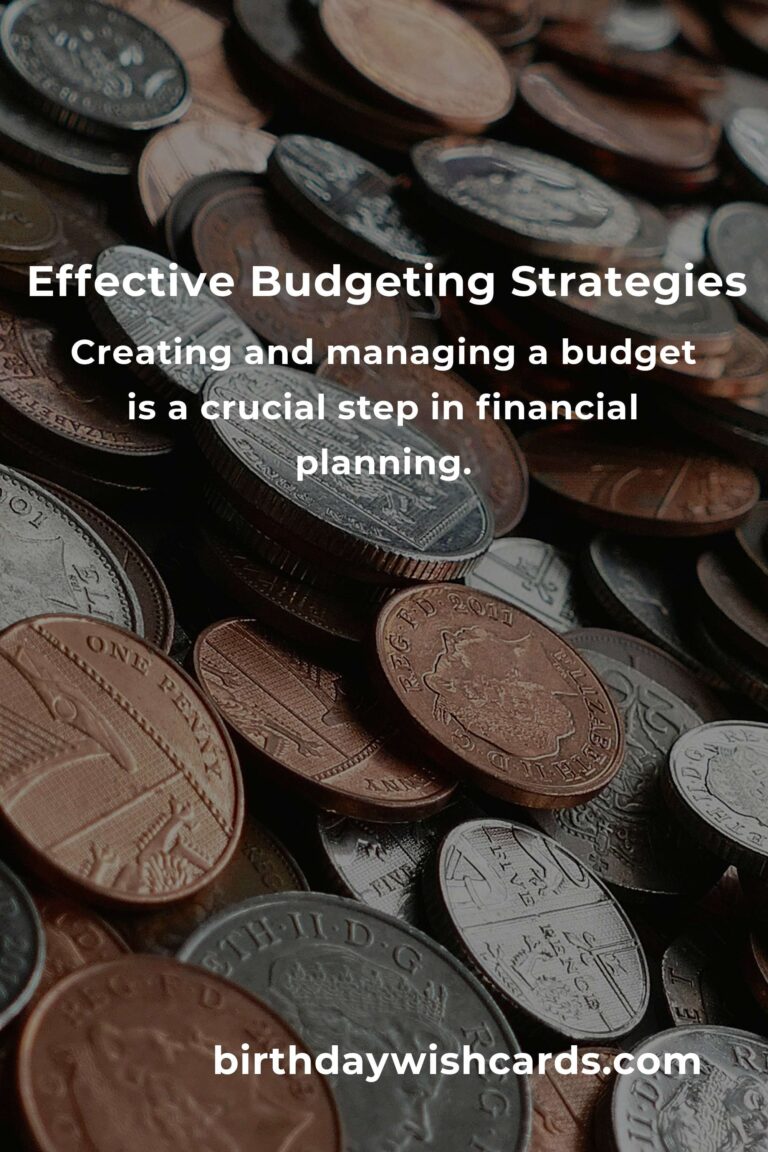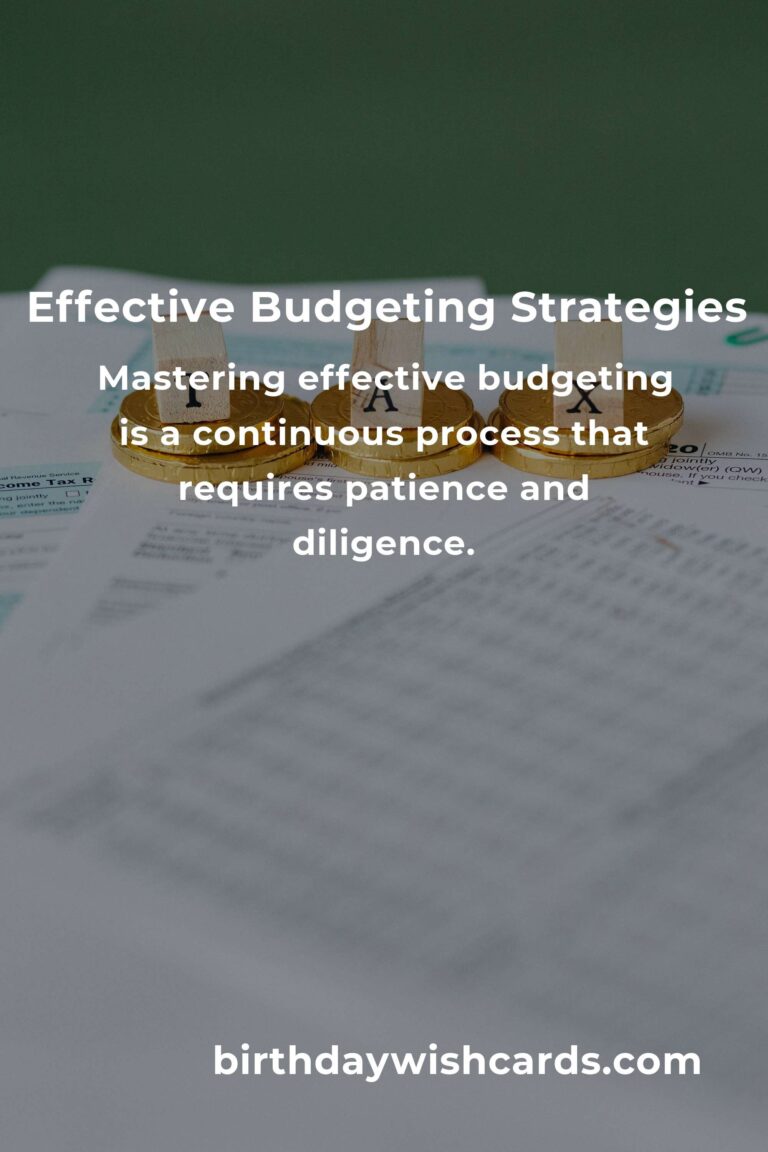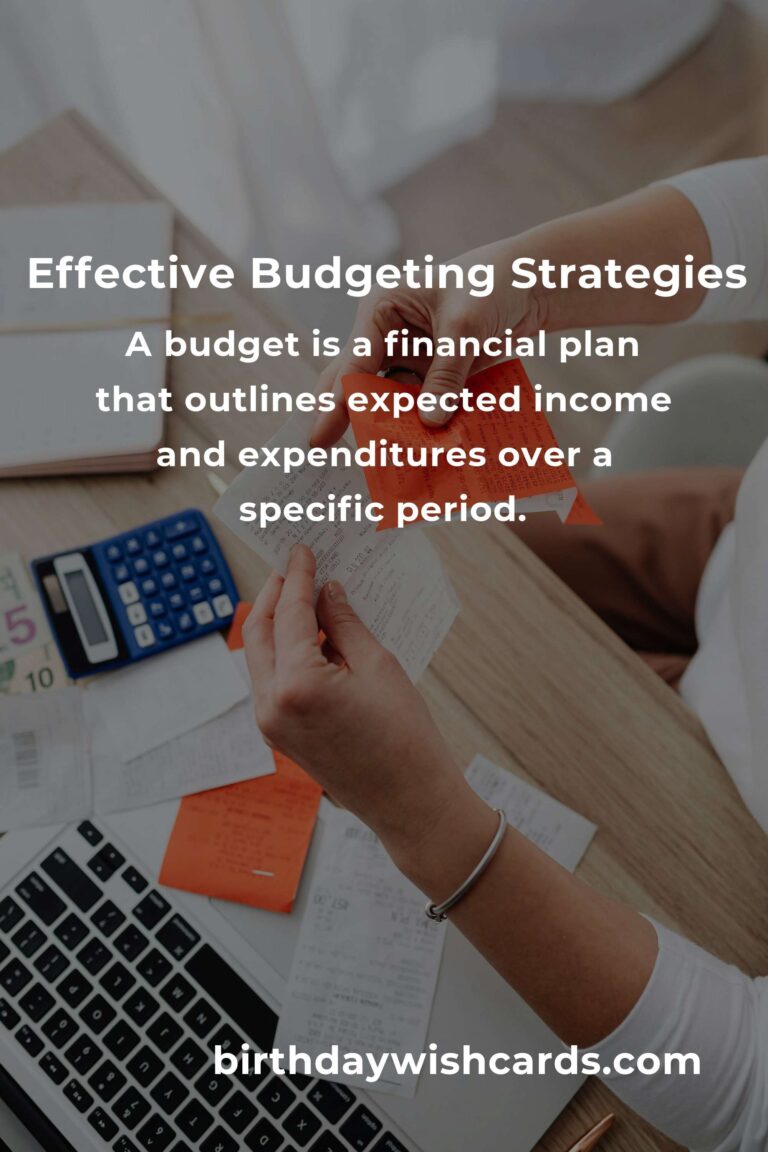
Creating and managing a budget is a crucial step in financial planning, critical for both individuals and businesses. Effective budgeting not only helps in tracking expenses but also in achieving financial goals and ensuring long-term financial stability. In this comprehensive guide, we’ll explore the key elements of effective budgeting and provide practical tips to help you master your finances.
Understanding the Basics of Budgeting
Before diving into budgeting strategies, it’s essential to understand the basic concepts. A budget is a financial plan that outlines expected income and expenditures over a specific period. It helps in allocating resources efficiently, planning for future expenses, and avoiding debt.
Steps to Create an Effective Budget
1. Assess Your Financial Situation
Begin by evaluating your current financial status. List all sources of income and track all your expenses for a month. This will give you a clear picture of your financial health and spending habits.
2. Set Financial Goals
Identify short-term and long-term financial goals. Whether it’s saving for a vacation, buying a new car, or planning for retirement, having clear goals will guide your budgeting process.
3. Categorize Your Expenses
Divide your expenses into fixed and variable categories. Fixed expenses include rent, mortgage, and insurance, while variable expenses cover groceries, entertainment, and dining out.
4. Create a Budget Plan
Based on your income and categorized expenses, create a realistic budget plan. Ensure that your expenses do not exceed your income. Allocate money for savings and emergency funds.
5. Monitor and Adjust
Regularly review your budget to ensure you are on track. Make adjustments as necessary to reflect changes in income or expenses.
Tips for Sticking to Your Budget
Sticking to a budget requires discipline and commitment. Here are some tips to help you stay on track:
- Use budgeting apps and tools to track your spending.
- Set reminders for bills and payments.
- Review and adjust your budget regularly.
- Limit impulse purchases by waiting 24 hours before buying non-essential items.
Common Budgeting Mistakes to Avoid
Even the most well-intentioned budgeters can make mistakes. Avoid these common pitfalls:
- Not accounting for irregular expenses.
- Setting unrealistic financial goals.
- Failing to review and adjust the budget regularly.
- Neglecting to build an emergency fund.
Conclusion
Mastering effective budgeting is a continuous process that requires patience and diligence. By following the steps outlined in this guide, you can take control of your finances, achieve your financial goals, and ensure a secure financial future.
Creating and managing a budget is a crucial step in financial planning. A budget is a financial plan that outlines expected income and expenditures over a specific period. Regularly review your budget to ensure you are on track. Sticking to a budget requires discipline and commitment. Mastering effective budgeting is a continuous process that requires patience and diligence.
#Budgeting #FinancialPlanning #PersonalFinance #MoneyManagement













